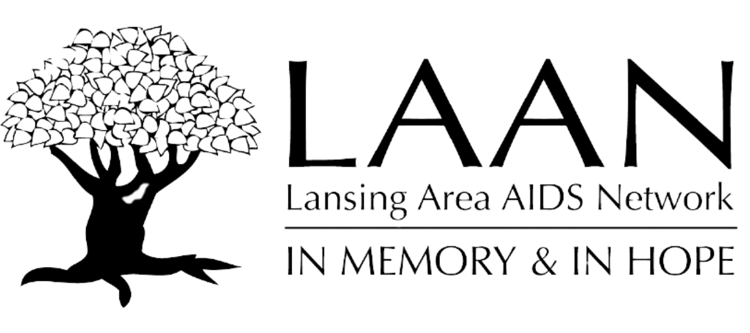By Deneen R. Fountain | Reprinted courtesy of www.positivewords.com
I was diagnosed HIV+ in 1992. I was in the hospital and immediately given a doctor. I learned right away that the most important tip when working with a doctor is to be prepared. Doctors will give you information differently if you do your homework. There are many places to look for HIV information. You can go to the library for reference information, check out books and use the Internet at no charge. Also, consult your local AIDS service organization and Project Inform.
When going to your doctor for the first time, view it as a job interview, except, as the patient, sometimes you are being interviewed and at other times, you are doing the interviewing. Be prepared. Have your medical records with you. Tell your doctor’s staff your history of illnesses, and medications and how you were diagnosed. Don’t be afraid to ask why the doctor is asking a question. Treat the doctor as a person, not God.
One way to keep record of your disease progression is by keeping a journal. I know…keep an actual record of my life with HIV? Why would I want to know that? I’ll tell you why. Keeping a record helps you remember what has been going on between visits. If you don’t want to keep a journal, keep some kind of record of changes so you can talk about them with your doctor.
If you have symptoms that may be caused by medications, investigate before going to the doctor. I had been taking a medication for two years before side effects appeared. I remember thinking that this is so not normal. I was fortunate to have a doctor who trusts my opinion and changed my medication. Don’t be afraid to voice any concern you have, no matter how small. How will doctors know if we don’t tell them?
Never be afraid to advocate for your best interest. You, as the patient, know what works for you. You know what your everyday life is like and how HIV is affecting you. Don’t forget you are the expert on you. Finally, remember that the doctor is relying on your expertise to help treat you.
copyright 2000 by Dallabrida & Associates
Deneen is an HIV+ mother who works for the Resource Center of Dallas as a client advocate.


